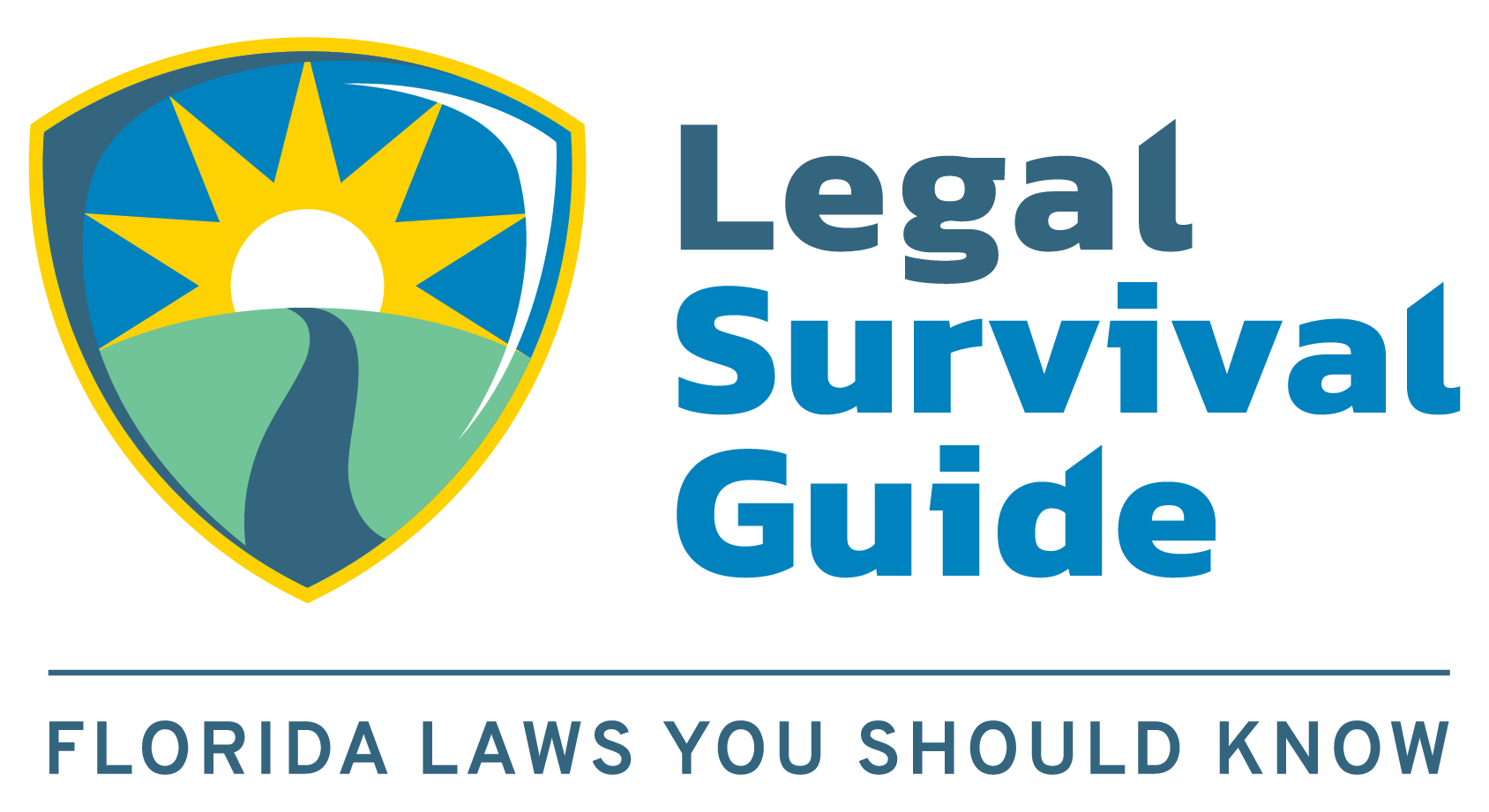Discrimination, Harassment, and Retaliation
The Florida Civil Rights Act, as well as certain federal laws, protect employees from discrimination, harassment, and retaliation on the basis of race, color, religion, gender, pregnancy, national origin, age, disability, or marital status.
These laws protect employees from discrimination in any aspect of employment, including hiring, firing, pay, job assignments, promotions, layoff, training, fringe benefits, and any other term or condition of employment. This means your employer cannot treat you unfavorably because of your protected status.
These laws also protect employees from harassment. A harasser can be a supervisor, a co-worker, or a customer. Harassment can include, for example, offensive or derogatory slurs or jokes, offensive symbols, and unwanted touching. However, the law doesn’t prohibit simple teasing, offhand comments, or isolated incidents that are not very serious. Harassment is only illegal when it is so frequent or severe that it creates a hostile work environment or when it results in an adverse employment action, such as being fired or demoted.
These laws also protect employees from retaliation for reporting discrimination or harassment, or for participating in other protected activities such as requesting an accommodation for a disability or religious practice, or participating as a witness in a complaint investigation.
Your employer may have a policy or handbook that instructs employees on how to make a complaint about discrimination, harassment, and retaliation. If you believe you have been illegally discriminated against, harassed, or retaliated against at work, you should report it to your employer.
If you want to file a lawsuit against your employer for illegal discrimination, harassment, or retaliation, you must first file a Charge of Discrimination. If you wish to file a claim based on Florida law, you must file a Charge with the Florida Commission on Human Relations within 1 year of the alleged discrimination, harassment, or retaliation. If you wish to file a claim based on federal law, you must file a Charge of Discrimination with the Equal Employment Opportunity Commission within 300 days of the alleged discrimination, harassment, or retaliation.
Background Checks
Your employer is allowed to conduct a background check before hiring you. In Florida, the law requires background checks for certain occupations, and specifies the type and level of background check to be conducted. The federal Fair Credit Reporting Act applies to employers who use a consumer reporting agency for background checks. Employers who conduct background checks should keep the results confidential.
Minimum Wage and Overtime
Florida’s current minimum wage schedule is:
| Minimum Wage in Florida | |
| Sept. 30, 2021 | $10.00 |
| Sept. 30, 2022 | $11.00 |
| Sept. 30, 2023 | $12.00 |
| Sept. 30, 2024 | $13.00 |
| Sept. 30, 2025 | $14.00 |
| Sept. 30, 2026 | $15.00 |
Overtime
Typically, if you are paid hourly, you are entitled to overtime pay if you work more than 40 hours in a workweek. A workweek is a consecutive 7-day period determined by your employer. It can begin on any day of the week at any hour of the day, such as Wednesday at 12:00 AM to Tuesday at 11:59 PM. There is no limit on the number of hours you may work in any workweek. There are exceptions to the overtime pay requirement for certain jobs.
Breaks
The law does not require employers to provide work breaks, except in certain regulated occupations, like commercial truck driving.
Workplace Safety
Employers are legally required to provide employees with a safe and healthy work environment. Many employers are required to comply with the federal Occupational Safety and Health Act (OSHA), which requires employers to find and correct health and safety problems, eliminate or reduce hazards, display certain posters and warnings, provide training, provide protective equipment, and report certain accidents and injuries.
Florida law also requires most employers to have workers’ compensation insurance. This insurance covers medical expenses and lost wages you if you are injured at work. If you are injured at work, you must notify your employer immediately to protect your rights under Florida’s workers’ compensation laws.
Retaliation for reporting an OSHA violation or for filing a valid claim for workers’ compensation for a work-related injury is prohibited under the law.
Employment of Minors
If you are under 18 years old, you don’t need your parent’s permission to work, but there are certain Florida and federal laws that apply to your employment. In Florida, you can begin working when you turn 14, but you are limited in the types of jobs you may perform and the hours you may work until you turn 18.
Florida law generally prohibits work during school hours and limits the total number of hours you may work during the school year. During the school year, 14 and 15 year olds may only work up to 15 hours each week, and 16 and 17 year olds can only work up to 30 hours each week. These restrictions to do not apply when school is out for spring break, winter break, or during the summer. No matter the time of year, you cannot work more than 6 days in a row and your employer must provide you with a 30-minute meal break every 4 hours if you are under 18 years old.

